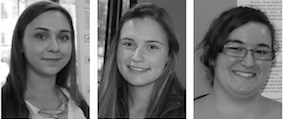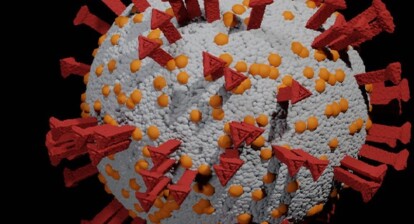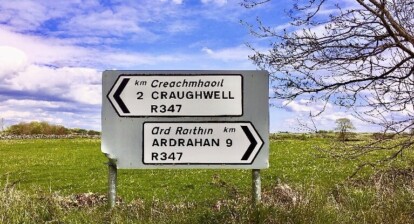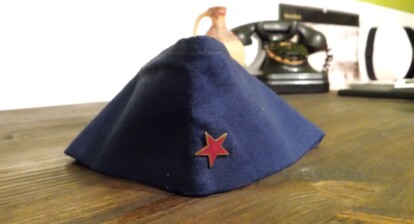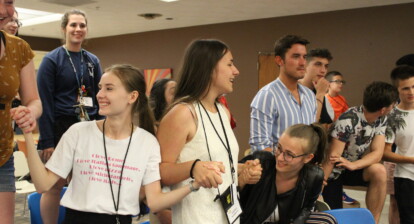The concept of »identity« is difficult to grasp. Nevertheless, 25 young Europeans tried to approach this complex term during EUSTORY’s History Camp »United or Divided in Diversity? National Identities in Europe« in Tbilisi, Georgia (2 – 8 October 2016).
The students sounded out common grounds as well as contrary convictions when discussing their understanding of »identity«. However, they all agreed that continuing a dialogue about these varying conceptions is of the utmost importance. Because in the end, »(…) the diversity is what unites us«, states Elīna (18) from Latvia.
Find out how six participants of the History Camp in Tbilisi have approached their own identity.
»My personal identity consists of my values, the past of my nation, our traditions and beliefs – it’s related to history.« Krystyna, Ukraine
»I think that my personal identity is based on where I come from, on my roots or my family and friends. Identity is shaped and changing over the time and, especially, by the people that surround you.« Tinkara, Slovenia
»I have a national identity which is mostly emotional, but there is also my liberal identity which is based on my belief in social and cultural equality.« Yuval, Israel
»My identity isn’t a static thing. It’s constantly changing and trips like this History Camp contribute to it and my awareness of what identity is composed of. By witnessing the differences between people, you become aware of the similarities. I believe in national identity and its importance but, even more so, I believe in unity and tolerance.« Cecilie, Denmark
»When I am in Berlin, I feel like someone from my home town, a Stuttgarter. When I am in Paris, I feel like a German. When I am in Peking, I feel like a Westerner. My identity is a mosaic and the context I am in determines which piece you can see.« Cara Sophie, Germany

